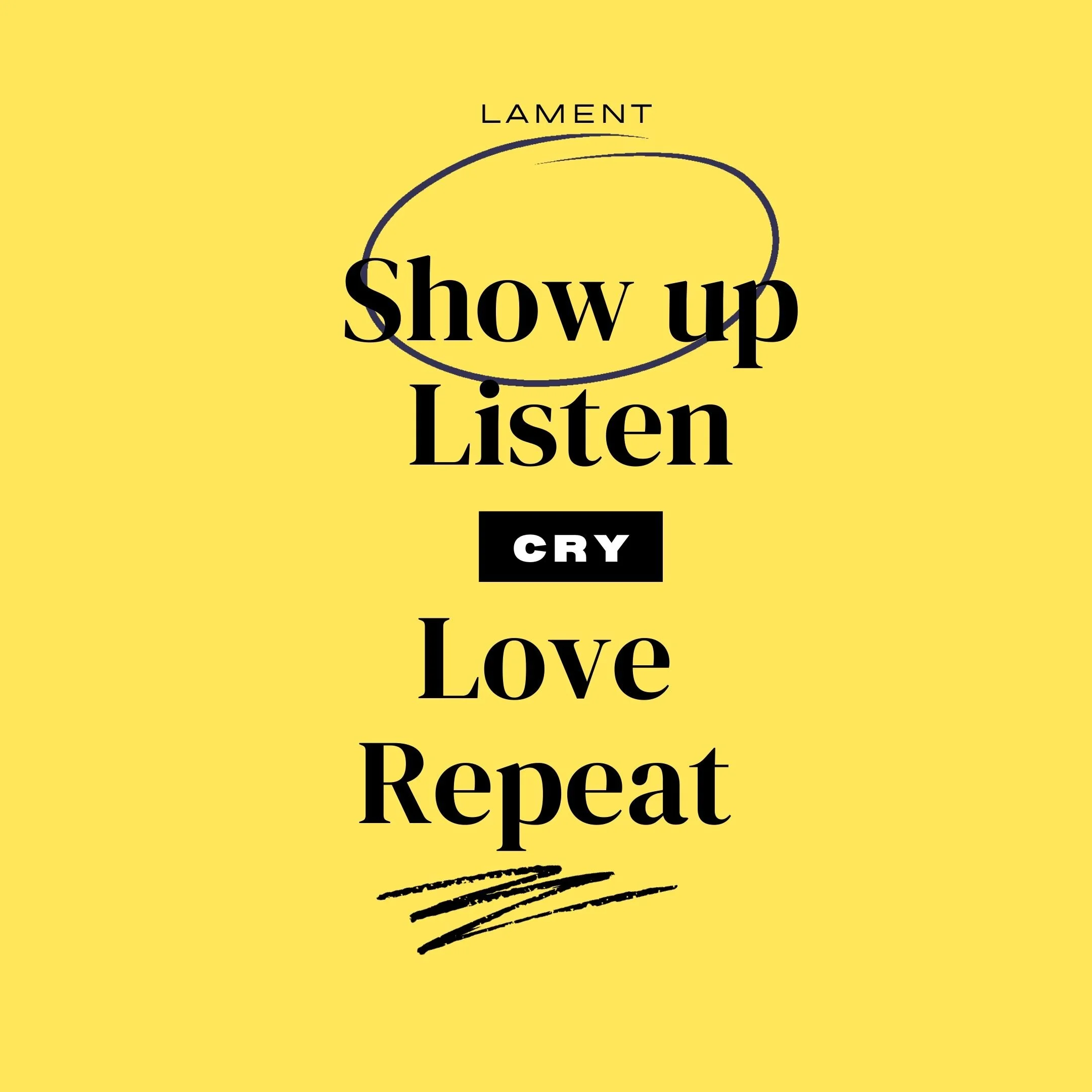Power of Emotion
/The interaction between logic and emotion is a twisted web within each culture. Some people and or cultures see emotion as weakness while others see it as passion and spirit. Some try to detach from emotion in the workplace for a variety of different reasons while others strive to bring “the whole person” to work each day. . I think that we are much more powerful and purposeful when our emotions are engaged with the work we are doing.
I myself have a tangled relationship with emotions in general and emotions at work in specific. Growing up as a female in America, I heard with disdain and irritation that “Girls are so emotional.” I have even heard that saying used as a reason why women cannot or should not take key leadership roles. However, as a coach in college athletics, I have reason to believe that men are “SO emotional” as well.
For example, when you watch a championship basketball game- male or female- you will see anger, tears, elation, intensity, anxiety, despair, discouragement, pride, joy, determination and just about any other emotion you can name. Game day is filled with emotion in sport. In fact an entire field of study is devoted to channeling your emotions in your performance as an athlete. Sports (or Performance) Psychology has gained an immense amount of credibility in the past decade and is changing coaching, and competing at all levels.
The goal for playing your sport with passion is not detaching from your emotions, but rather channeling them. One small skill that is taught in this field is taking your anxiety or nervous energy and moving it closer toward excitement. In the past, some people would have taught us to take a deep breath and “calm down” but that is the opposite end of the emotional spectrum and our body then does not gain from the higher amounts of adrenaline in our body. To be fully engaged in a game as an athlete, you want to bring your emotions and actions into focus under your goal. The same is true for achievement in work.
Emotions are a part of the human experience whether we like it or not. Learning how to name them and channel them is an important part of maturing in sport or in business. When we cannot name an emotion, we have no power over it -it holds the power over us. Neuroscience even shows us this truth. When a brain is flooded with emotion the prefrontal cortex shuts off and other parts of the brain take over. However, the earlier we can recognize an emotion, the more internal dialogue we can have with it and the interaction of logic and emotion can create beautiful energy and purpose.
As I said earlier, there are many different ways people are trained to interact with emotion. Your team, family, or business has a specific way of addressing or avoiding emotions even if you have never spoken about them. You know which emotions are acceptable and which expressions of those emotions are allowed. You know who to avoid and who to confront. When we do not spend time creating clear agreements around emotionally charged interactions, the emotions will in turn take control and impact the said relationship, group, or company.
We have the capacity to manage and use our emotions for good. A few starting points for leveraging emotions in your workplace are as follows:
Widen your emotional vocabulary
Start to learn your physical reactions to your emotions. Our body knows what we are feeling long before our logical brain does.
Do your palms sweat when you get anxious? Do you get hot or does your throat get dry when you get angry? Does your jaw tighten, your stomach clench, or shoulders drop when a specific emotion arises?
Research and apply lessons from Performance Psychology into your life at home and at work
If you are a leader, discuss and clarify rules of engagement in meetings and interactions
Be more curious and less judgmental of emotions displayed by colleagues- Ask don’t assume
Notice actions a person is doing and point those out instead of placing an emotion on them. Say: “You are sighing a lot today, is something bothering you?”
Don’t say: “Why are you so upset?”
In both sports and boardrooms, intense emotional outbursts from men (and women, but mostly men) are still tolerated and accepted as moving the company forward. I hope one day we can hold people in leadership roles as accountable to emotional control as we hold elementary kids in school. I hope leadership grows beyond sportsmanship in the way people are expected to treat those they interact with and that each of us makes an effort to channel our emotions, not avoid them, as we work with passion and purpose.













